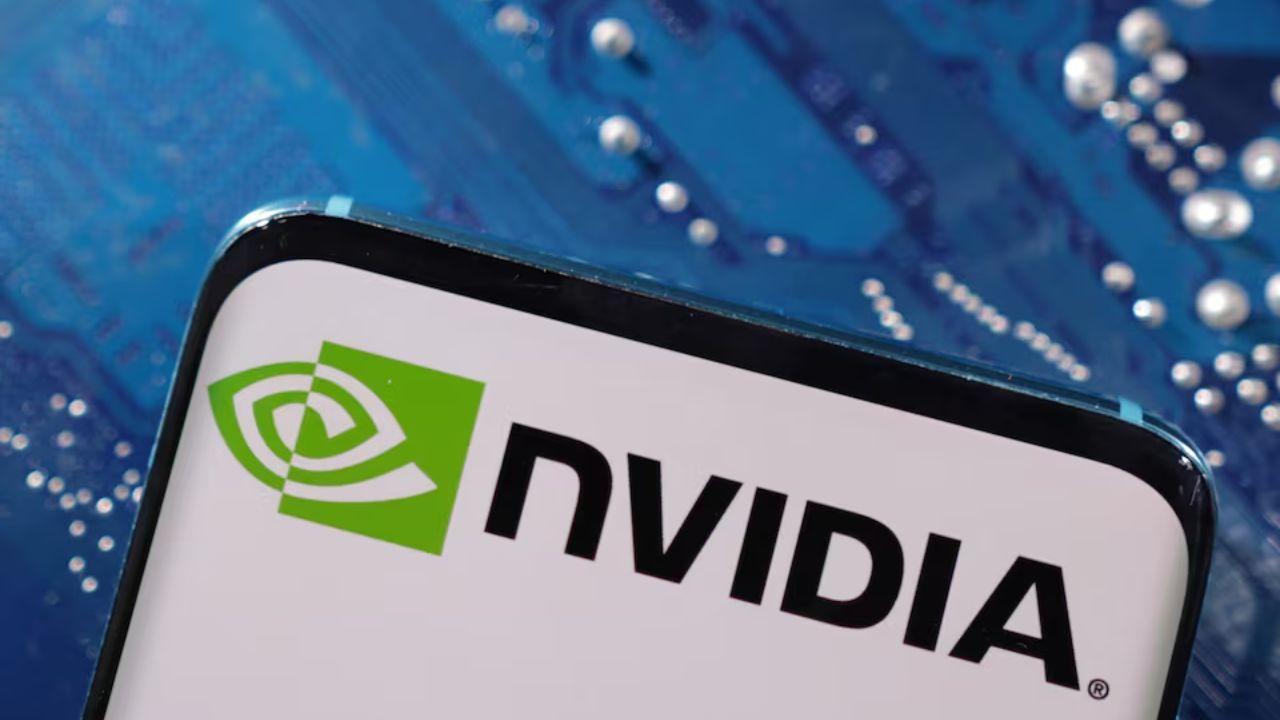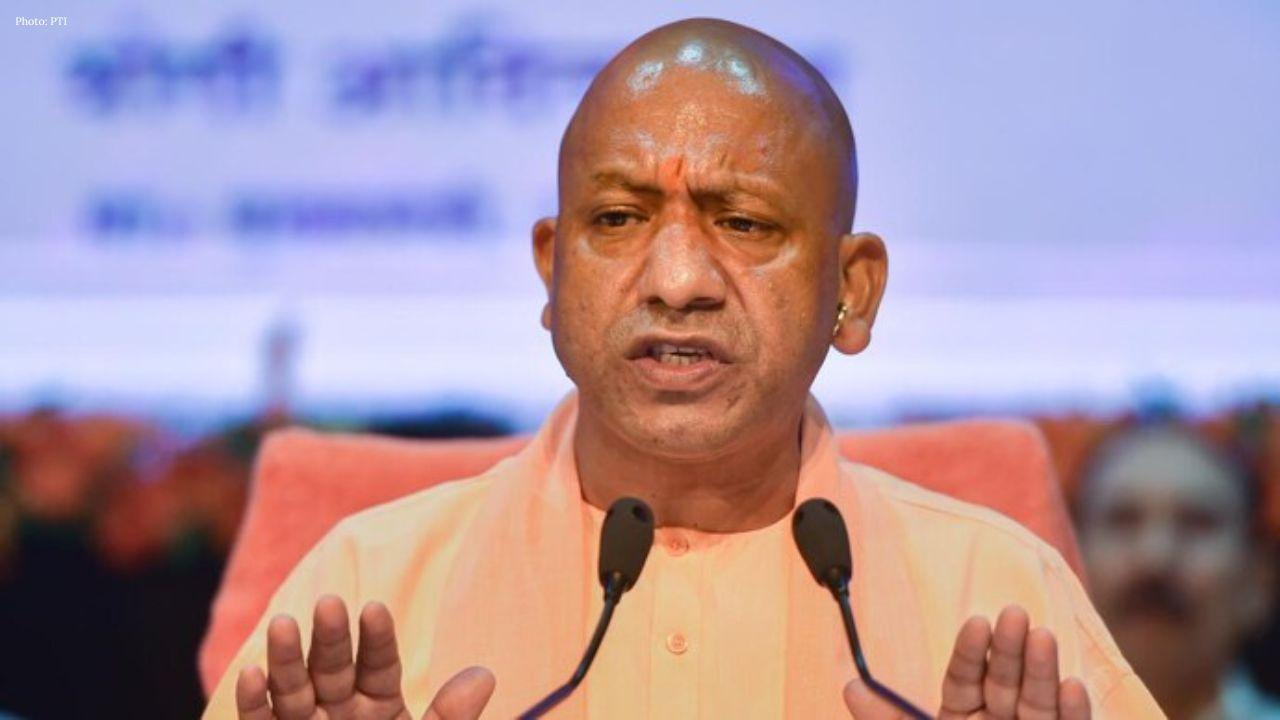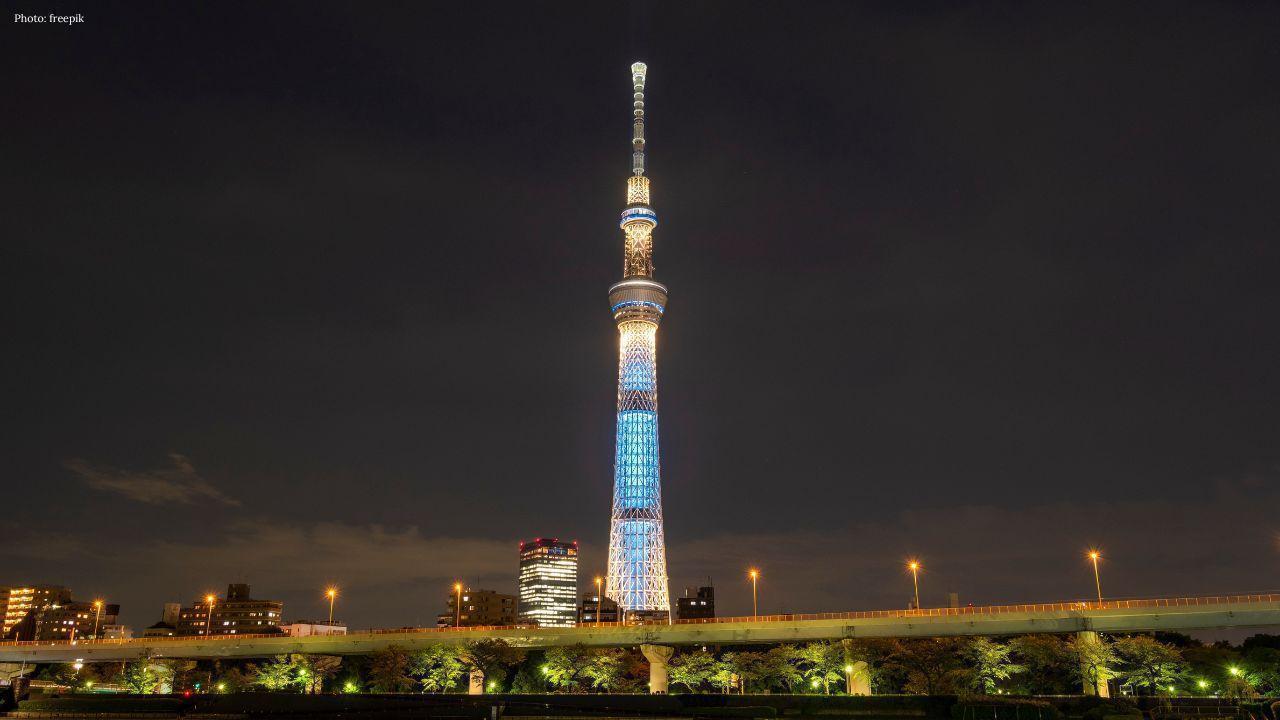You have not yet added any article to your bookmarks!

Join 10k+ people to get notified about new posts, news and tips.
Do not worry we don't spam!

Post by : Jyoti Gupta
Photo:Reuters
Nvidia, the world-leading AI chipmaker, recently found itself navigating a delicate balance between Beijing and Washington as its latest H20 chips became the center of political and commercial attention in China.
In July, Nvidia CEO Jensen Huang visited Beijing and received a highly enthusiastic welcome from Chinese business leaders and government officials. Huang, wearing a traditional Tang suit and speaking in Mandarin, announced that the US government had assured Nvidia that export licenses for its H20 chips would soon be granted. His visit, part of the state-backed China International Supply Chain Expo, made headlines and elevated his profile in China.
However, just two weeks after Huang’s visit, Nvidia faced a sudden regulatory challenge. China’s powerful Cyberspace Administration summoned Nvidia executives to question the security of its H20 chips. This inquiry was influenced by concerns from US lawmakers about potential “tracking” or “back doors” being built into the chips for export. Nvidia responded by defending the security and integrity of its products, while Chinese media and regulators intensified calls for transparency.
Even though China has not provided any proof of back doors or issued an official ban, the scrutiny has made it politically sensitive for local companies to continue buying Nvidia products. Industry insiders note that this uncertainty has caused many Chinese tech firms to start shifting toward domestic alternatives for AI computing, though Nvidia still maintains a strong presence in data centers for AI tasks.
Market analysts suggest that Nvidia has a long road ahead to regain trust in China. Past controversies around US tech firms, including Apple and Cisco, accused of having security vulnerabilities in their products, have eroded confidence in foreign hardware. A Shanghai-based semiconductor executive noted that while Nvidia chips remain in use, more local chips are being purchased to reduce costs and mitigate geopolitical risk.
Before the investigation, China was projected to increase procurement of foreign AI chips from 42% to 49%, mostly from Nvidia and AMD. Now, with growing mistrust, domestic AI chip makers are gaining momentum, supported by Beijing’s drive for technological self-sufficiency.
The H20 chips also play a role in US-China economic diplomacy. While the Trump administration allowed Nvidia and AMD to sell some AI chips to China, export licenses were tied to the condition that 15% of revenue from sales would go to the US government. Analysts say the H20 chips have become a bargaining tool in broader US-China negotiations, including trade and tariffs.
Nvidia has been operating in China for over 20 years, partnering with local distributors and “add-in card” makers to sell graphics cards. Its Shanghai and Shenzhen offices, along with a representative office in Beijing, have helped establish a strong foothold in China’s fast-growing internet industry. For years, Nvidia primarily sold to video gamers and remained largely apolitical. At its peak in 2022, China accounted for 26% of Nvidia’s total revenue.
In response to US export restrictions, Nvidia developed compliant versions of its chips for China, including the A800, H800, and later the H20, which comply with US rules. These chips remain popular for AI training. Chinese startups like DeepSeek have relied on thousands of H800 GPUs to train advanced AI models, while H20 chips continue to dominate AI model training due to Nvidia’s performance advantage and the popularity of its CUDA toolkit.
Despite restrictions, Nvidia generated a record $17.1 billion from China in the financial year ending January 2025, with major clients like ByteDance, Tencent, and Alibaba. However, China’s share of Nvidia’s total revenue dropped to 13%. The US Commerce Department also briefly banned H20 sales, causing Nvidia to adjust its inventory and write off billions in revenue.
The situation has opened opportunities for Chinese competitors, particularly Huawei. Huawei continues to develop its AI chips and hardware ecosystem, introducing alternatives like the Ascend chips, CloudMatrix 384 systems, and tools that compete with Nvidia’s CUDA. The goal is to build a fully self-reliant AI computing infrastructure. Other domestic AI chipmakers, including Cambricon Technologies, StepFun, Biren, Infinigence AI, SiliconFlow, and Moore Threads, are actively expanding in response to government encouragement and market demand.
Chinese AI companies are increasingly highlighting the use of domestic chips in sensitive sectors like finance, telecom, and critical infrastructure. Companies like iFlyTek and Qihoo 360 now prioritize self-reliant solutions using Huawei chips, partially driven by US sanctions and Beijing’s push for “controllable” technology.
Nevertheless, domestic AI computing capacity remains limited. Startups like Suanova, which have built full-stack AI centers in Shanghai and Hong Kong, emphasize that the market still lacks a domestic competitor that can match Nvidia’s comprehensive solutions. Experts argue that China’s AI sector will continue to rely on Nvidia for some time, but the trend is moving toward unity and self-sufficiency.
In conclusion, Nvidia’s experience with its H20 chips highlights the challenges global tech firms face in China. Political tensions, regulatory scrutiny, and competition from domestic players create a complex environment where technological innovation, commercial interests, and geopolitics intersect. The future of Nvidia in China will depend not just on its technological capabilities but also on evolving US export controls, Chinese policy, and the growth of domestic AI chip alternatives.










India Says J&K Budget Exceeds Pakistan’s IMF Bailout
India slammed Pakistan at UNHRC, stating J&K’s development budget exceeds Pakistan’s IMF bailout and

UP CM Holds Talks With Ex Japan Economy Minister in Tokyo
Yogi Adityanath met former Japan economy minister Nishimura Yasutoshi in Tokyo to boost UP-Japan coo

Hiroshima Teacher Arrested for Alleged Sexual Assault of Minor
A 37-year-old high school teacher in Hiroshima was arrested on suspicion of sexually assaulting a te

Tokyo Skytree Reopens After Elevator Malfunction Suspension
Tokyo Skytree resumed operations after a three-day closure caused by an elevator failure that trappe

Skiers Rescue Man Buried Under Snow at California Resort
A dramatic rescue at Palisades Tahoe shows two skiers saving a man suffocating under deep snow durin

Sri Lanka Ex-Intel Chief Arrested Over Easter Attacks
Former SIS Chief Suresh Sallay arrested by CID in connection with the 2019 Easter Sunday bombings th